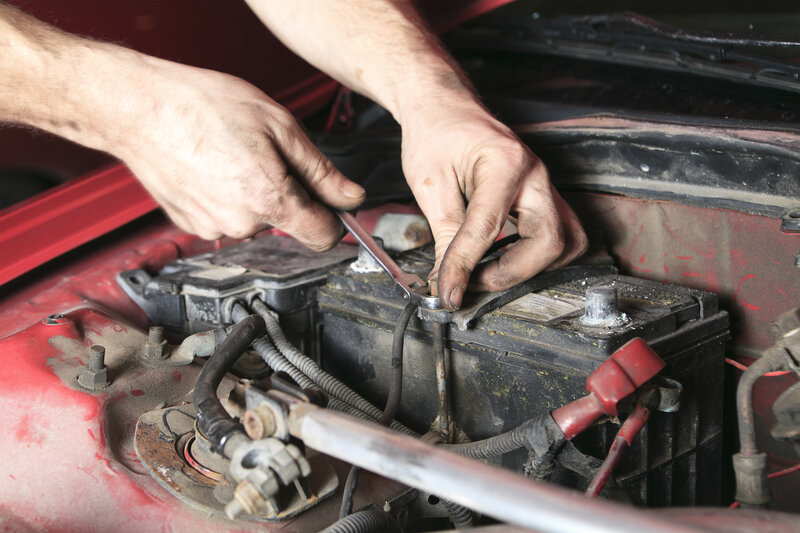
There’s nothing more frustrating than getting into your truck and finding that it doesn’t start. One of the most common reasons for trucks not starting is a dead battery. While older batteries do eventually stop working, a new battery running out of juice can be a symptom of a larger issue.
Asking, “Why is my truck battery dying?” is only the first step to answering the issue. This guide looks at ways to stop premature battery failure and what to do if you find yourself in a truck with a dead battery.
Truck batteries have a set lifespan of three to five years, but harsh conditions or electrical system issues can drastically reduce this timeframe. We’ve found six common issues that can affect your truck’s battery life, and these can provide the answer to the question, “Why does my truck battery keep dying?”
Lights consume power, and if you leave these lights on while the truck isn’t running, they’ll quickly eat through your battery’s storage. While most people remember to turn their headlights off, they may forget about other lights, such as:
Certain components in the truck, such as the clock, radio, and alarm, will continue drawing power even when you turn the engine off. However, these parts tend to draw minimal power and will usually not be enough to drain your battery unless you have faulty wiring or a defective fuse that causes a parasitic drain.
Many accessories connected to your truck will continue to draw power even if you’re not actively using them. Many of these parasitic drains will even consume power when the truck is off, leading to a situation where they can run the battery dry. Common examples of parasitic drains include:
The alternator is responsible for powering the truck’s electrical components and recharging the battery using power from the engine. A faulty alternator cannot convert this energy effectively, resulting in poor or nonexistent battery charging. The charging system can break in several ways, including a faulty alternator diode, loose belts, or worn-down alternator tensioners.
Your mobile mechanic in the Bay Area can help you diagnose a faulty alternator if that’s what’s causing your battery issues.
Battery cables can often come loose, especially after long drives over rough terrain. Loose connections prevent the battery from charging and discharging effectively, leading to an overall loss of power and charging capacity, resulting in a dead battery.
Another common problem with truck batteries is corrosion. Corroded connections cause the same issues as loose battery cables and may result in the complete destruction of the battery itself if left untreated.
Your battery is responsible for powering certain systems while the engine isn’t running and providing the initial spark to get the truck going. If you don’t recharge this lost energy through driving, you’ll eventually suck all the juice out of the battery.
While several short drives in a row may not be enough to completely kill your battery, taking short trips exclusively won’t provide enough time for your battery to recharge.
Extremely cold or hot temperatures wreak havoc on your battery’s internal chemistry. Most batteries can function effectively between 10 degrees Fahrenheit and 100 degrees. If you go out of that temperature range, the battery will start building up lead sulfate crystals that change how well the battery can charge and discharge power.
The longer you drive at extreme temperatures, the more crystals will build up, and the less effective the battery will get.
Now that you know the answer to “Why does my truck battery keep dying?" you can take steps to prevent it from happening. Here are some of our top tips for keeping your battery running perfectly:
A dead truck battery can be extremely frustrating, but it doesn’t need to spell the end of your journey. Having a set of jumper cables handy will ensure you can get your truck to the mechanic and install a new battery.
Whether you’ve got questions like, "Why is my truck battery dying?” or “What are the common signs of engine problems?” All Bay Diesel is here to help. We’ve worked with hundreds of fleet managers to maintain their diesel trucks, and we can do the same for you. For more information, contact our team at All Bay Diesel at (925) 522-1780 and discover how we can take your fleet maintenance to the next level!